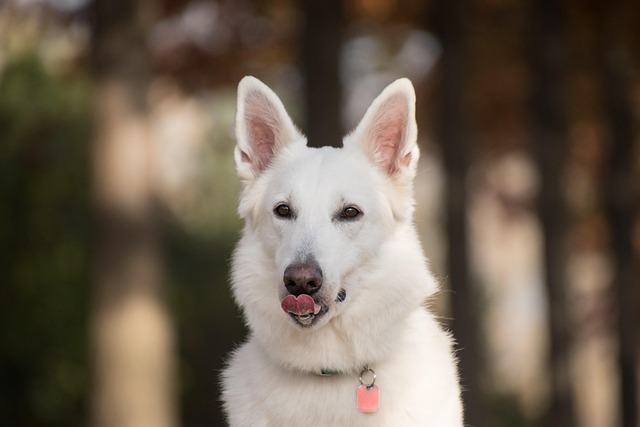
Are Irish setters easy to potty train?
When the Irish setter walks with an elegant pace, its reddish-brown hair shines in the sun, and its lively eyes are full of curiosity and enthusiasm, anyone will be attracted by this unique charm.
In the training journey of dogs, rewards are like bright lighthouses, guiding them in the direction of correct behavior. When we decide to train dogs and help them master various skills and good behavior habits, reasonable and appropriate rewards are the key to opening the door to success. The importance of rewards in dog training is self-evident. They not only motivate dogs to actively participate in training, but also deepen the emotional bond between dogs and their owners, making the training process full of love and joy.
Rewards play a crucial role in dog training. From a psychological perspective, dogs are animals that learn through association. When they perform a certain behavior and immediately receive a reward, they establish a connection between this behavior and the reward, thus understanding that the behavior is expected and recognized. This positive feedback can greatly stimulate dogs' learning enthusiasm, making them more willing to repeat those correct behaviors. For example, when we train dogs with the command to "sit down", once the dog successfully sits down, a reward is immediately given, and the dog will associate the action of "sitting down" with receiving the reward. As the number of training sessions increases, they will become more and more proficient in following this command. Rewards can also enhance dogs' confidence, allowing them to feel their abilities and value during training, and thus more actively engage in training.
Food rewards are one of the most common and effective ways of rewarding. Dogs have a strong innate craving for food, and delicious snacks can quickly capture their attention. In the early stages of training, when dogs are not yet familiar with commands, food rewards can help them quickly understand their owners' intentions. For example, training a dog to "shake hands" involves placing a small snack in front of the dog's nose while giving instructions, guiding it to lift its paw. When the dog successfully makes a move, immediately put the snack into its mouth and give warm praise. Common training snacks include chicken jerky, cheese cubes, beef cubes, etc. These snacks have a moderate texture, are easy for dogs to chew, and have a strong flavor, which is very attractive to dogs. However, it should be noted that the amount of food rewards should be moderately controlled to avoid dogs from consuming too many snacks and affecting their normal diet and health. Generally speaking, the snack intake for each training session should be controlled within 10% of the dog's total daily food intake. At the same time, it is important to choose appropriate snacks based on the size and health condition of the dog. For example, small dogs are suitable for small snacks, while dogs with obesity or other health problems can choose low calorie, low-fat snacks.
In addition to food rewards, praise and touch are also indispensable ways of reward. Dogs are very sensitive to their owner's voice and touch, and sincere praise and gentle caresses can make them feel their owner's love and recognition. After the dog completes the training task, use a cheerful and enthusiastic tone to praise them with words such as "you're great" and "well done", while gently stroking the dog's head, back, or other parts of the body with your hands. This dual reward, both physical and mental, can provide dogs with great satisfaction. Praise and petting can also be given promptly when dogs make small but positive behavioral changes, reinforcing the beginning of these good behaviors. For example, when a dog used to urinate and defecate everywhere at home, if it actively approached the designated defecation location, even if it did not defecate completely at the correct place, it should be immediately praised and caressed to encourage it to move in the right direction.
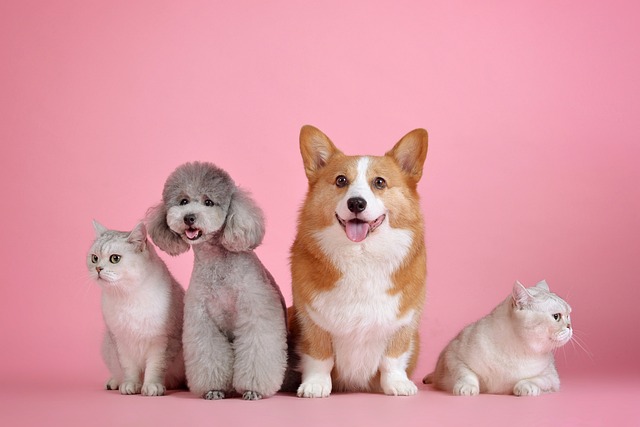
Playing rewards can also motivate dogs. Dogs are naturally lively and enjoy playing. Playing games with their owners is a great pleasure for them. During the training process, when dogs perform well, they can take out their favorite toys such as balls, frisbees, etc. and play with them briefly.
The timing of rewards is crucial when training dogs. The reward must be timely and given immediately after the dog has made the correct behavior, so that the dog can clearly know which behavior has received the reward. If the reward is delayed, the dog may associate the reward with other unrelated behaviors, resulting in poor training effectiveness. For example, after a dog completes the "lie down" action, the owner should give a reward within 1-2 seconds to help the dog form accurate conditioned reflexes. The frequency of rewards also needs to be adjusted reasonably. In the early stages of training, in order to enable dogs to quickly master new skills, a continuous reinforcement approach should be adopted, where rewards are given every time the dog performs the correct behavior. As the dog's proficiency in commands increases, it can gradually transition to intermittent reinforcement, which means occasionally giving rewards. This can not only maintain the dog's expectations for rewards, but also make them understand that even if they do not receive rewards every time, correct behavior still needs to be persisted.
Training a dog is a journey full of love and patience, and the reward is the sweet seasoning in this journey. By using various reward methods reasonably and grasping the timing and frequency of rewards, we can guide dogs to master various skills and develop good behavioral habits. Watching dogs go from ignorance to being well behaved and sensible under the motivation of rewards, our hearts will also be filled with a sense of achievement and happiness. Because dogs give us unconditional love and loyalty, we should also use scientific training methods and full rewards to accompany them throughout their growth process, allowing them to grow strong in love and encouragement, and become the most caring and lovable companions in our lives.

When the Irish setter walks with an elegant pace, its reddish-brown hair shines in the sun, and its lively eyes are full of curiosity and enthusiasm, anyone will be attracted by this unique charm.
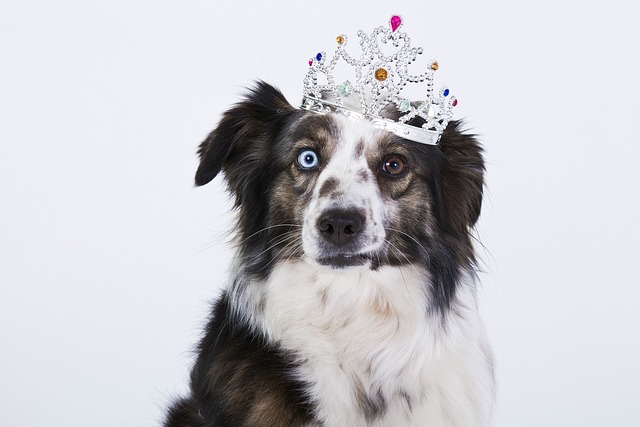
When the furry little life stumbles into our lives, the soft and sticky cry and wagging tail instantly melt the hearts of countless dog owners. However, behind this sweet companionship, puppy potty training is like a mountain in front of them.
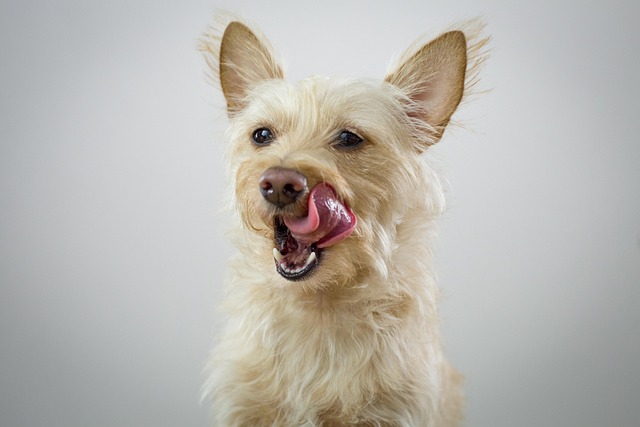
In the steel jungle of the city, more and more people are eager to have a furry companion to add more warmth and companionship to their lives.

Training puppies to develop good house bowel habits is a process that every pet owner looks forward to and is full of challenges. This is not only about the cleanliness of the home environment,
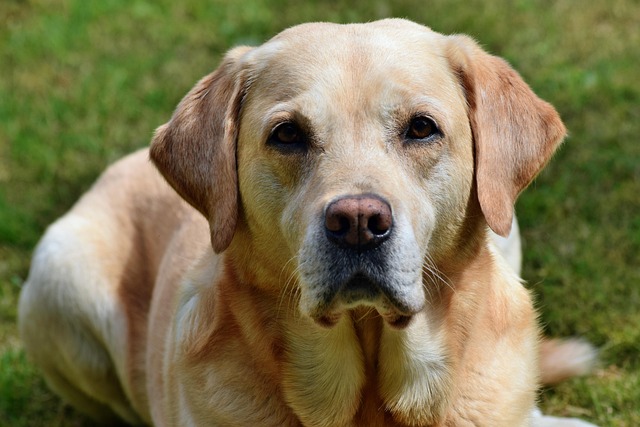
Dog walking is supposed to be a pleasant time for people and dogs to enjoy each other's company, but when the dog drags the leash and rushes around, this beautiful moment is broken.
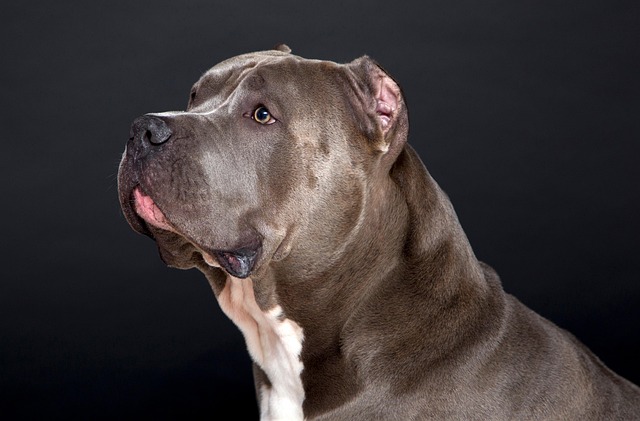
When a dog suddenly poops in a specific area of the house, it not only causes cleaning troubles but also makes the loving owner feel anxious and helpless.